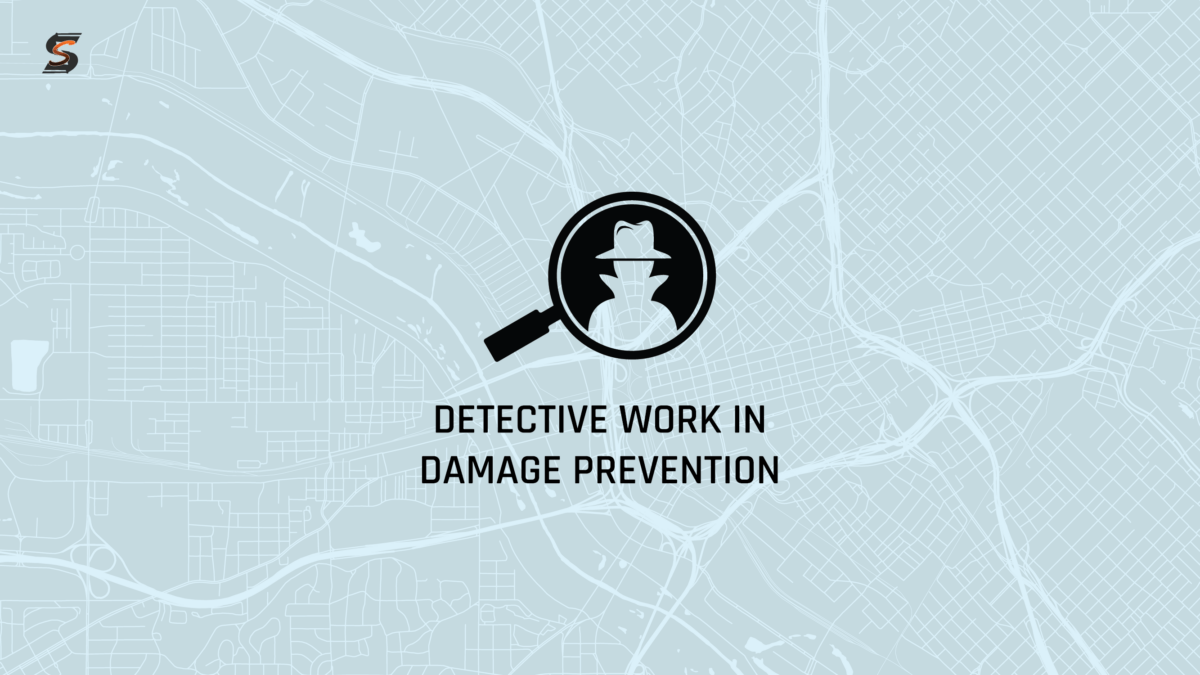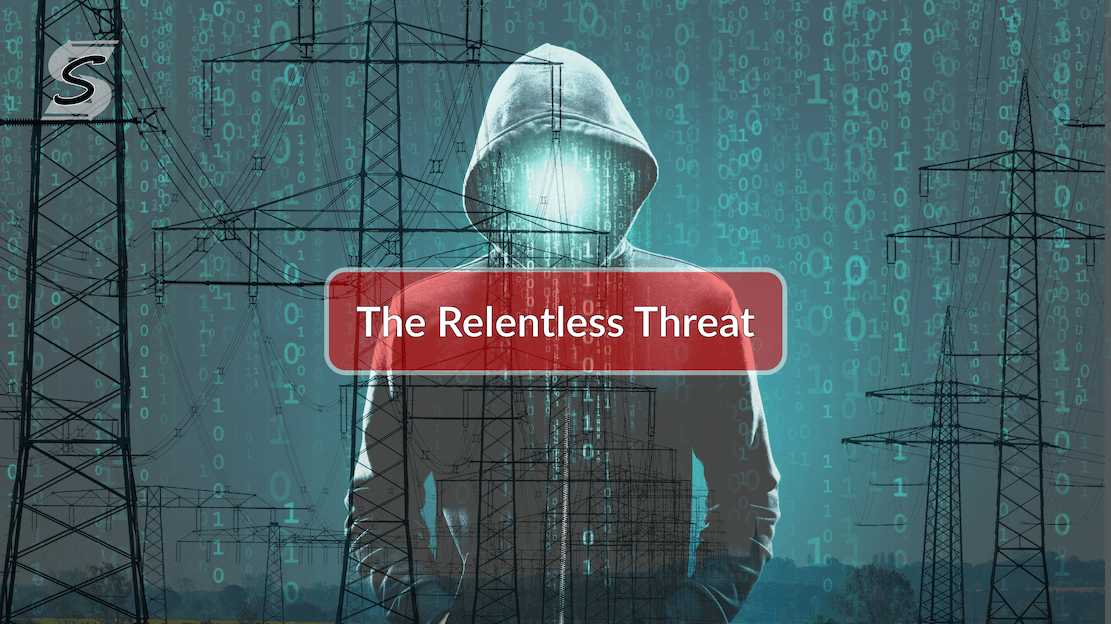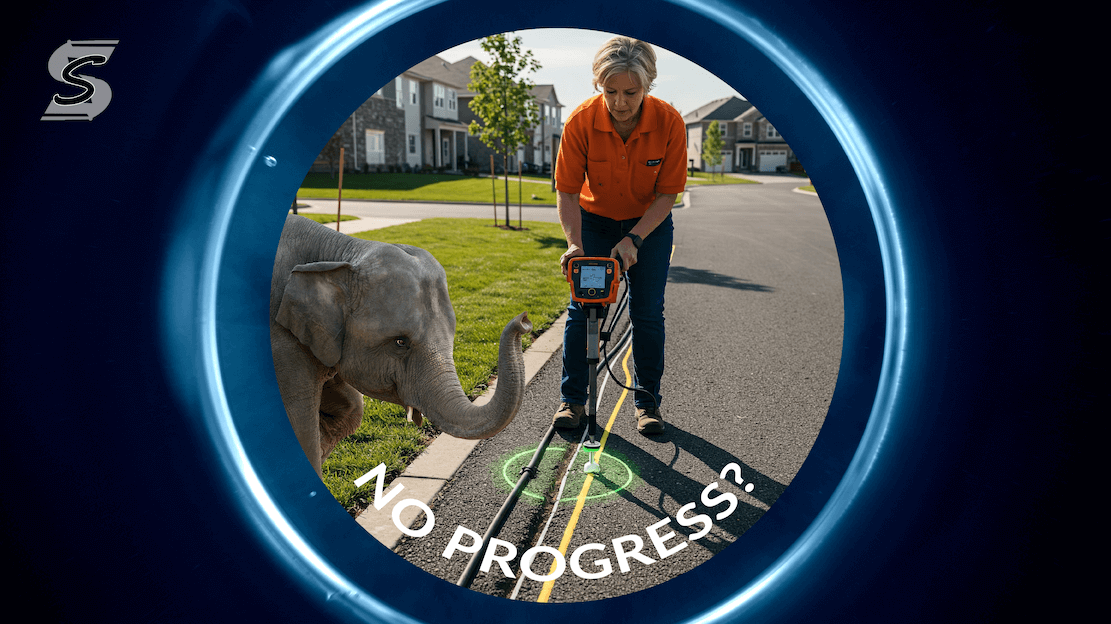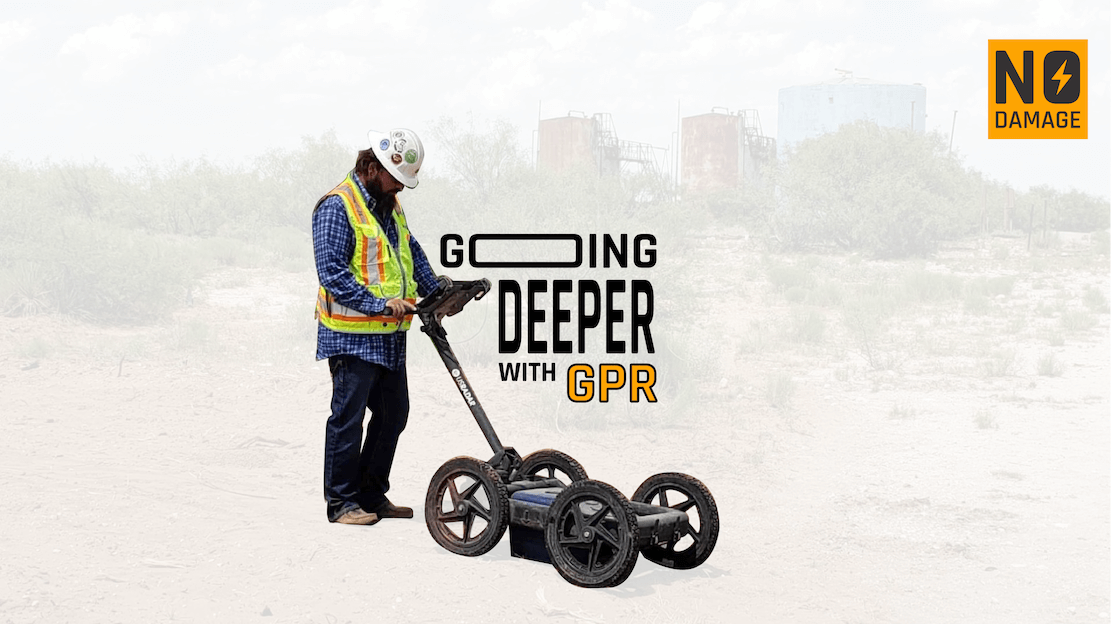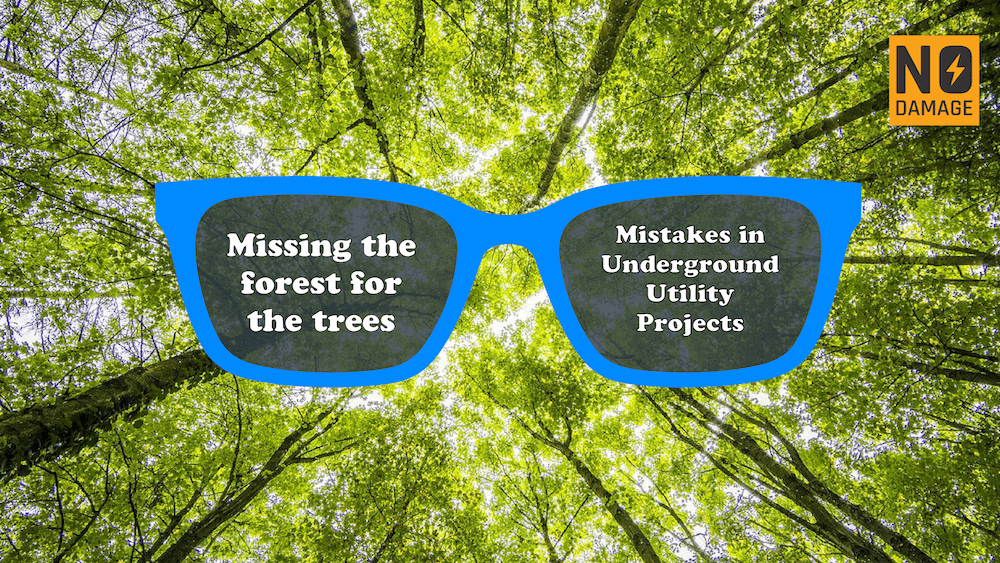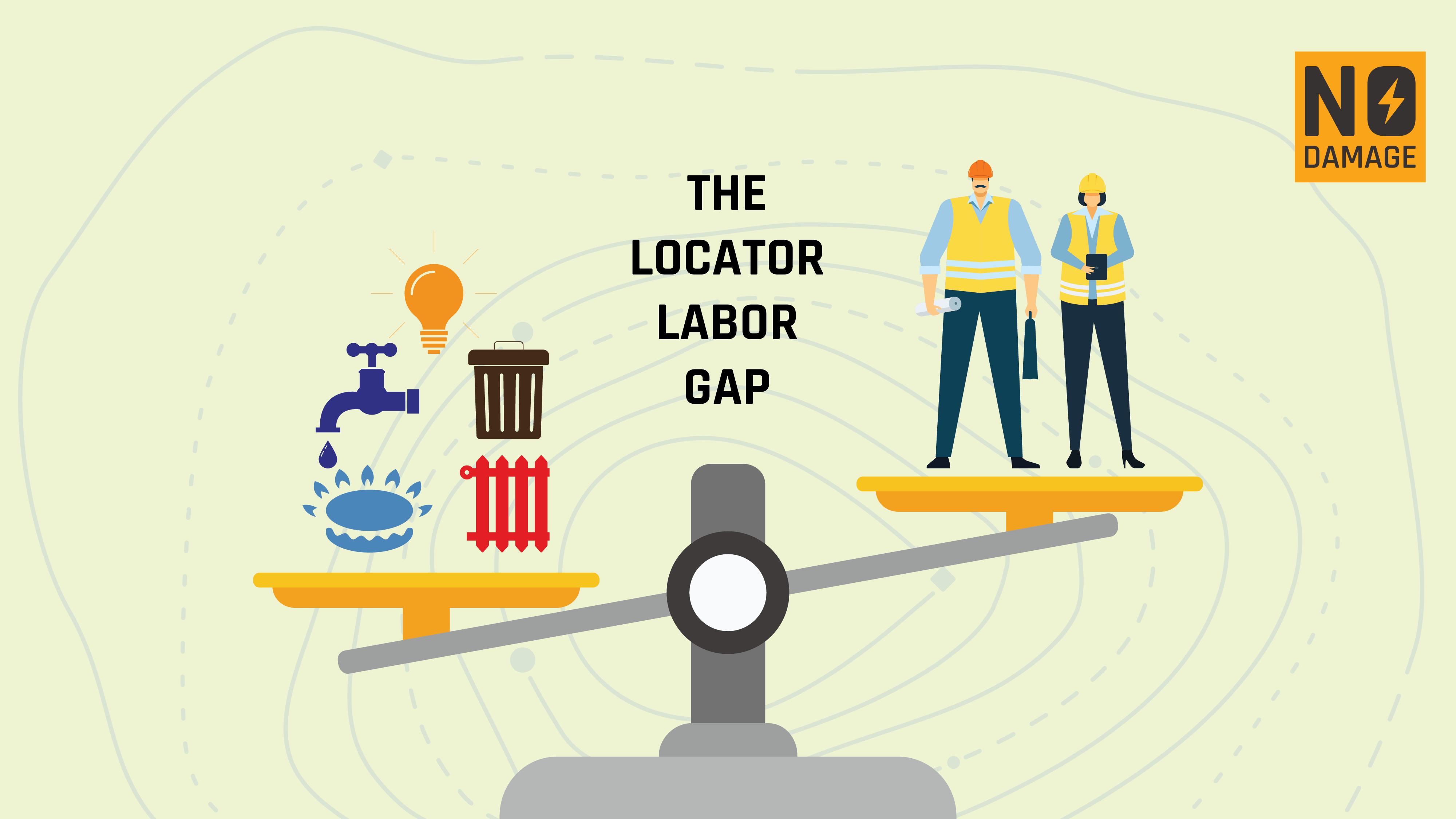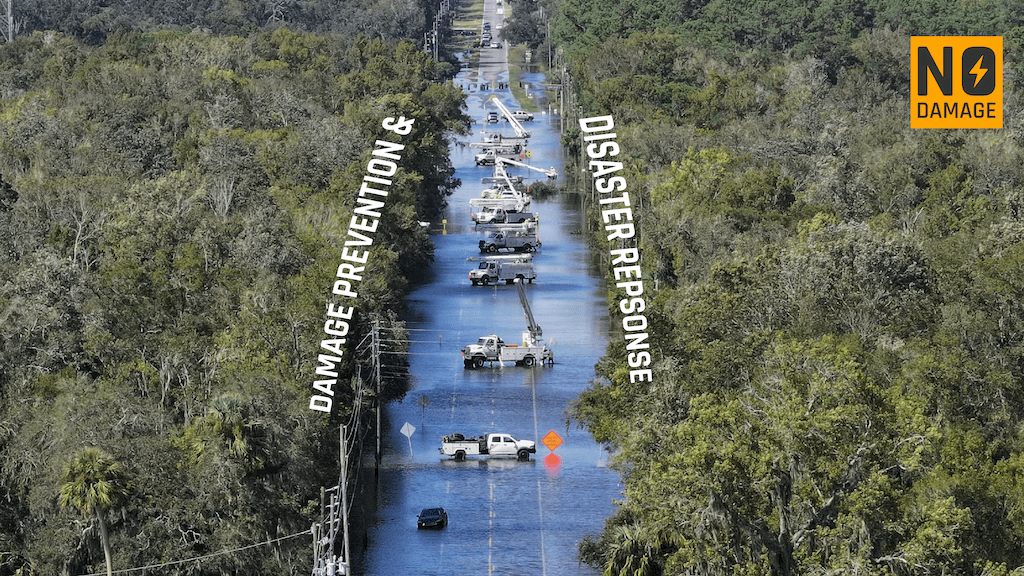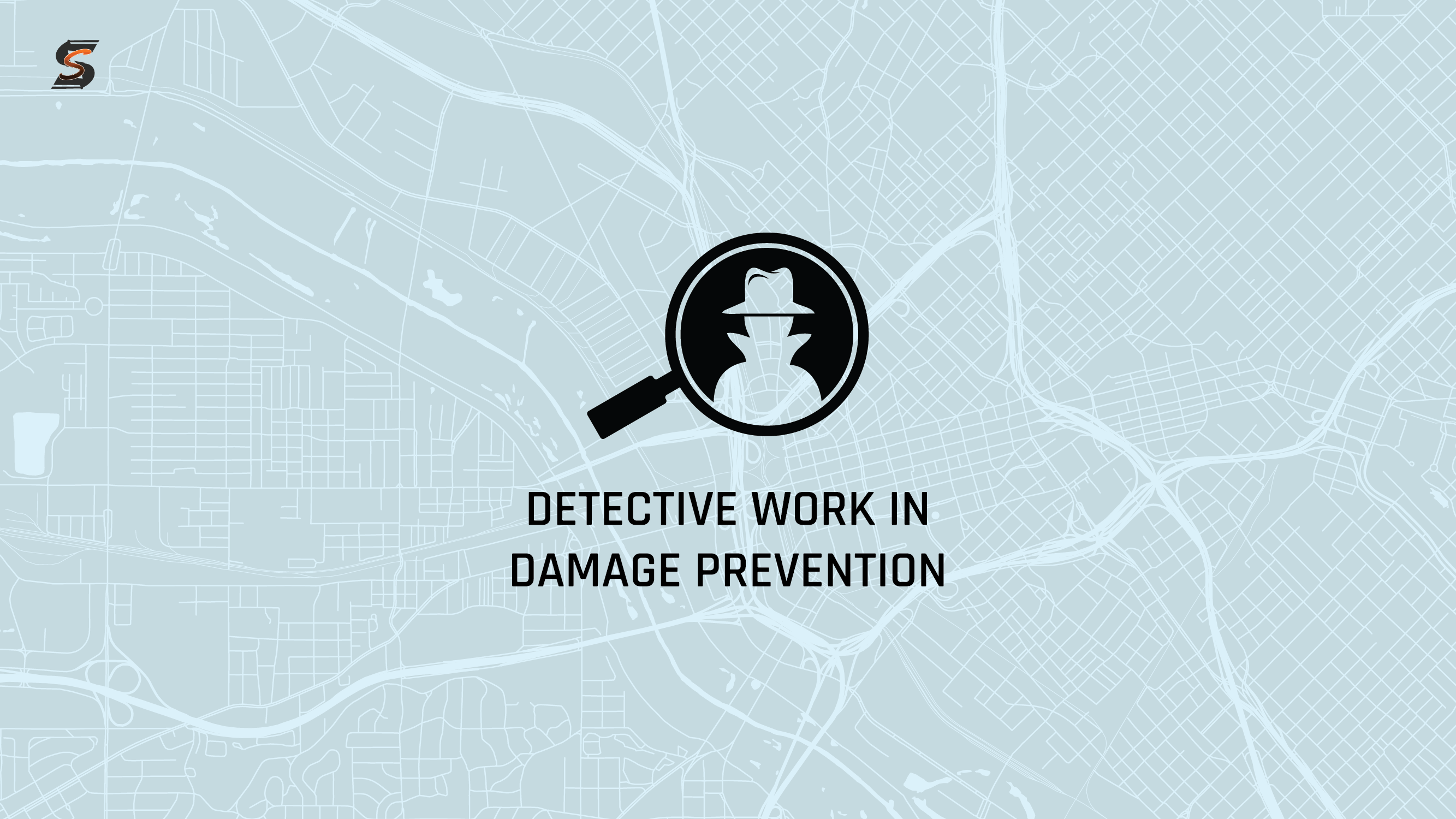
I was speaking to the owner of a small locate firm recently and he told me that he almost exclusively hires former police detectives. Hopefully I'm not unveiling his big secret to the world but he seemed pretty enthusiastic about how detail and goal oriented they could be. In the world of damage prevention and utility locating, the unexpected connection between former police detectives and skilled locators is as fascinating as it is effective. Dive into the realm of detective work and its surprising how many parallels there are to the detail oriented tasks of safeguarding underground infrastructure. Former police detectives, renowned for their sharp investigative skills, have found an unexpected second act in the world of utility locating. This article explores the transposable skills that make these seasoned investigators excel in preventing damage and ensuring the safety of essential underground utilities.
"People with highly transferable skills may be specialists in certain areas, but they're also incredible generalists - something businesses that want to grow need." - Leah Busque
1. Precision and Attention to Detail:
Just as detectives meticulously examine crime scenes for crucial details, former police officers bring an unparalleled level of precision and attention to detail to utility locating. Every mark on the ground becomes a potential clue, guiding them in preventing damage and navigating the intricate web of underground infrastructure.
2. Analytical Thinking and Problem-Solving:
Detectives are trained to analyze complex situations, a skill seamlessly transferrable to utility locating. Whether unraveling a crime or mapping out buried utilities, the ability to think analytically and solve problems efficiently is crucial. Former detectives excel in deciphering the hidden patterns beneath the surface.
3. Effective Communication:
Communication is key in both detective work and utility locating. Former police officers, accustomed to conveying critical information in high-pressure situations, bring exceptional communication skills to the table. This proves invaluable when coordinating with construction teams and ensuring damage prevention protocols are understood and followed.
4. Adaptable to Technology:
Modern utility locating relies heavily on advanced tools and technology. Former detectives, often familiar with cutting-edge investigative technology, seamlessly transition into using ground-penetrating radar, electromagnetic locators, and other sophisticated equipment to prevent damage to underground infrastructure. We make Utilocate as simple to use as possible but there's always a learning curve and a naturally methodical mind will figure these things out better than others.
5. Stress Management and Decision-Making:
Detectives face intense situations that demand quick thinking and decisive actions. This ability to manage stress and make informed decisions translates well into the fast-paced environment of utility locating. Former detectives excel in assessing risks and making split-second decisions to avoid potential damage. Deescalation is a major factor here and police are trained more than other people to manage potentially volatile situations.
Conclusion:
In the realm of damage prevention, the parallels between detective work and utility locating are not just intriguing but also highly practical. Former police detectives bring a unique set of skills that enhance the precision, problem-solving, and communication required to navigate the intricate underground network, ultimately ensuring the safety and longevity of essential utilities.
Share this Post

